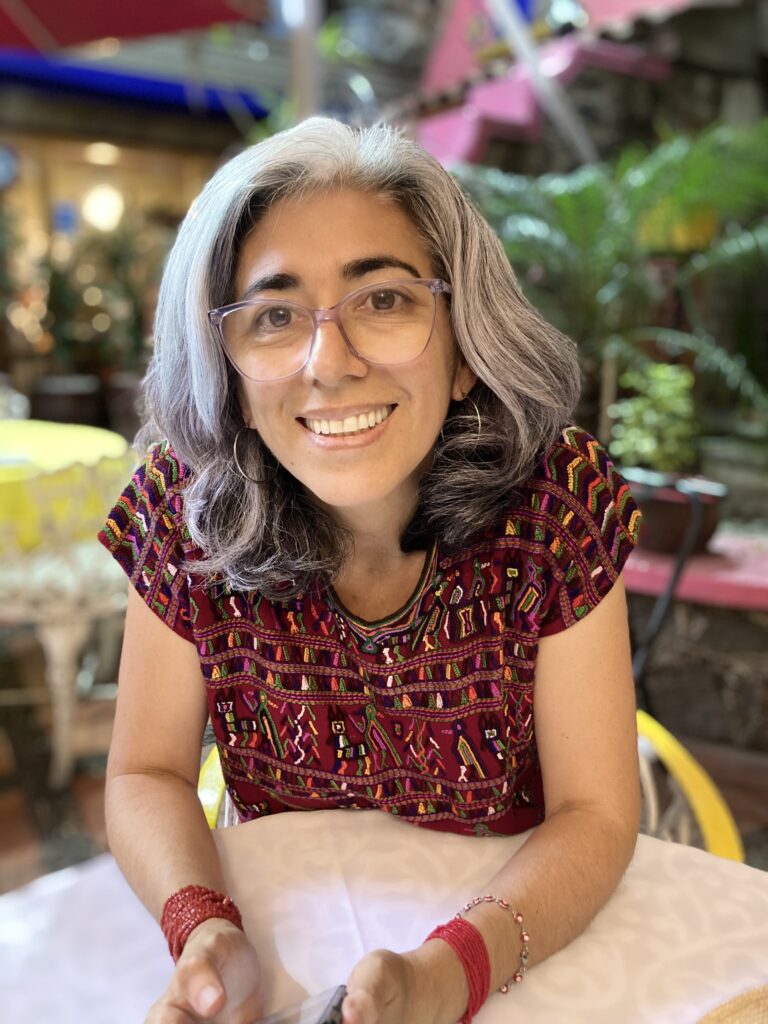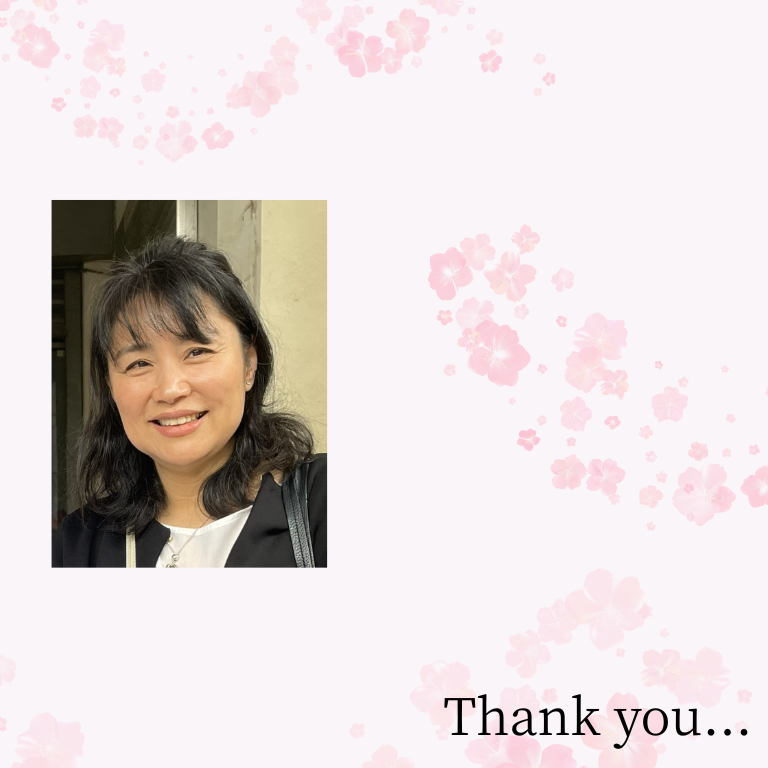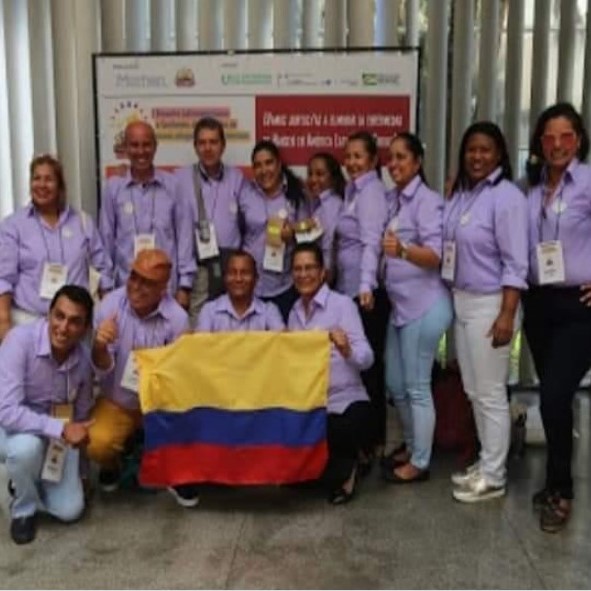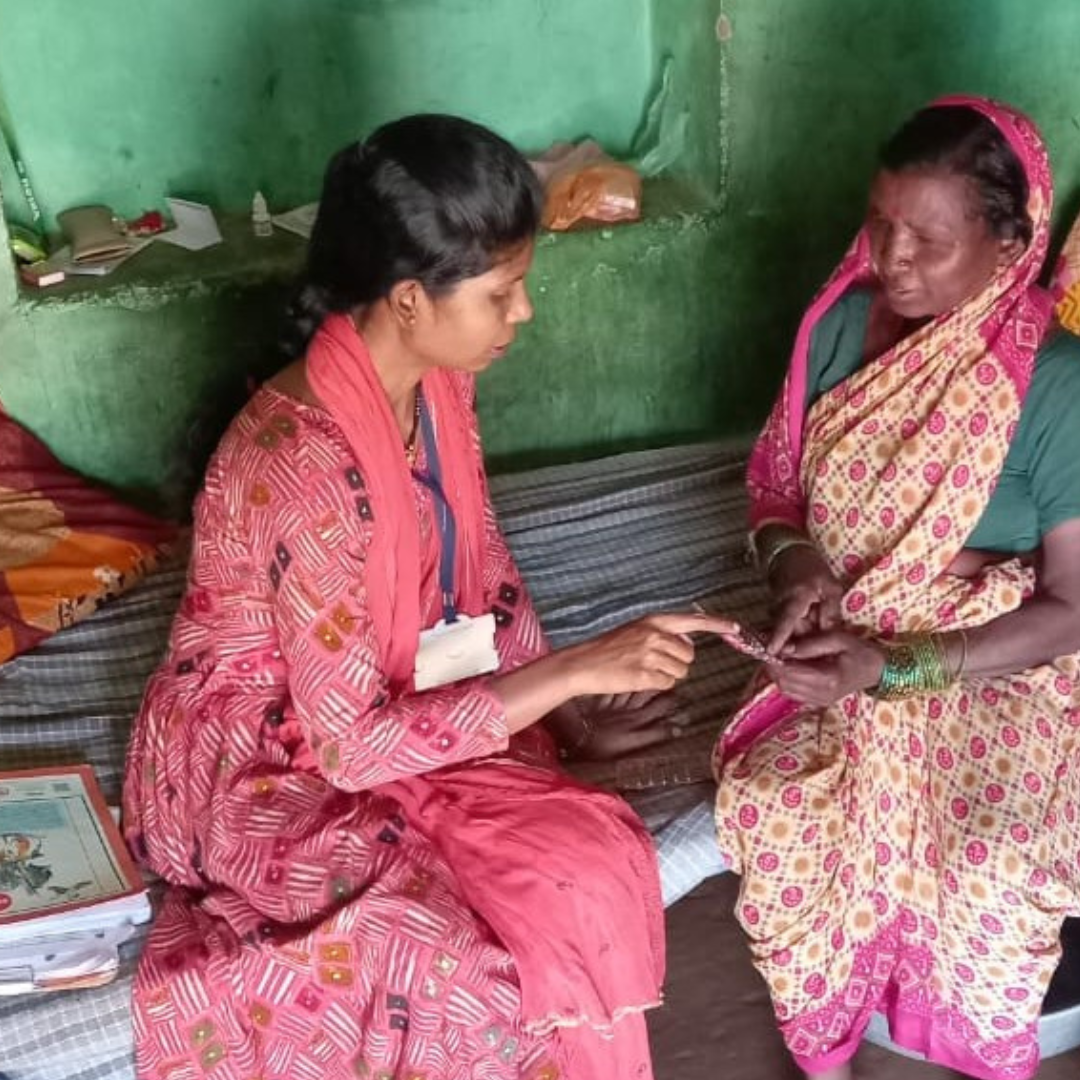
Dr. Beatriz Miranda Galarza
United Nations Special Rapporteur on the elimination of discrimination against persons affected by leprosy (Hansen’s disease) and their family members
Based on a mandate established by the UN Human Rights Council in June 2017, the Special Rapporteur undertakes fact-finding country visits and informs Member States and the Human Rights Council about alleged violations of the rights of persons affected by leprosy and their family members.
In June, I presented my first annual report as the United Nations Special Rapporteur on the elimination of discrimination against persons affected by leprosy (Hansen’s disease) and their family members to the United Nations Human Rights Council (HRC) in Geneva, detailing the mandate’s achievements and ongoing challenges. Established by HRC resolution 35/9 in 2017, the mandate is a response to a long history of isolation and exclusion experienced by persons affected by leprosy, and their struggle to be recognized as individuals with rights. In the 21st century, shadows from the past linger in overlapping approaches to leprosy from religious, cultural, scientific, and administrative perspectives. Supporting the leprosy rights movement globally and facilitating societal change are necessary for realizing the enjoyment of human rights by persons affected by leprosy and their family members in all regions of the world.
To convey the mandate’s importance and impact, I interviewed persons affected by leprosy, their allies, and representatives of international donor organizations. According to the interviewees, grassroots organizations have become more aware of the importance of their involvement in decision-making processes at the local level, with the mandate playing an encouraging role. One interviewee mentioned, “When persons affected by leprosy realize they have rights like any other person, their self-confidence changes, and there is assurance in what their organizations can achieve.” Another added, “If a person affected by leprosy is heard and seen by somebody from an organization such as the United Nations, she feels important and thinks that her problems are important too. That makes a difference in her life.” However, there is still a long way to go to eliminate discriminatory practices and laws, especially in countries where leprosy is endemic.
Interviewees identified five broad clusters of issues central to the mandate: human rights-based care and support systems; crucial intersectional issues and marginalized groups; social, political, and cultural aspects of leprosy; legal and economic dimensions related to leprosy; and conflict and environmental considerations. These issues imply that leprosy is both a human rights and a cultural and socio-political problem. Responses to leprosy evolve alongside global developments, and consequently, the primary challenges confronting humanity appear in the experiences of persons affected by leprosy, often in magnified form.
The mandate commits me to supporting states in reviewing their legislation to align with main UN international instruments, facilitating the exchange of good practices, and promoting effective participation and consultation with persons affected by leprosy, their family members, and their organizations. Additionally, I will promote training national actors, including public servants, on the rights of persons affected by leprosy and the translation of these rights into public policies.
In discharging my mandate, I am guided by three main principles: (a) fostering an ethics of care where care involves, as the feminist Joan Tronto says, “everything that we do to maintain, continue, and repair our ‘world’ so that we can live in it as well as possible”; (b) contributing to a culture of listening, acknowledging, and appreciating the presence of persons affected by leprosy; and (c) promoting cooperation and co-production of policies and strategies to achieve the mandate’s objectives and the goals set by the leprosy rights movement, such as “leaving no one behind.”
I have begun establishing collaborative partnerships with other mandate-holders, United Nations bodies, and Member States. I am also promoting collaboration with academic institutions, local and international human rights and development organizations, and representatives of social movements linked to leprosy. This cooperative approach aims to develop strategies that enhance the lives of persons affected by leprosy. Above all, I have consulted persons affected about what matters to them and intend to focus on co-creating accessible materials and information with the leprosy rights movement to promote the defense of their rights.
Eliminating discrimination against persons affected by leprosy and their family members requires political and material support. Significant progress has been made, and I am committed to continuing this work. To achieve our goals, I need the collaboration of all social actors. You can count on me to develop and implement actions that support persons affected by leprosy, their allies, and their family members in transforming their communities and society as a whole.









